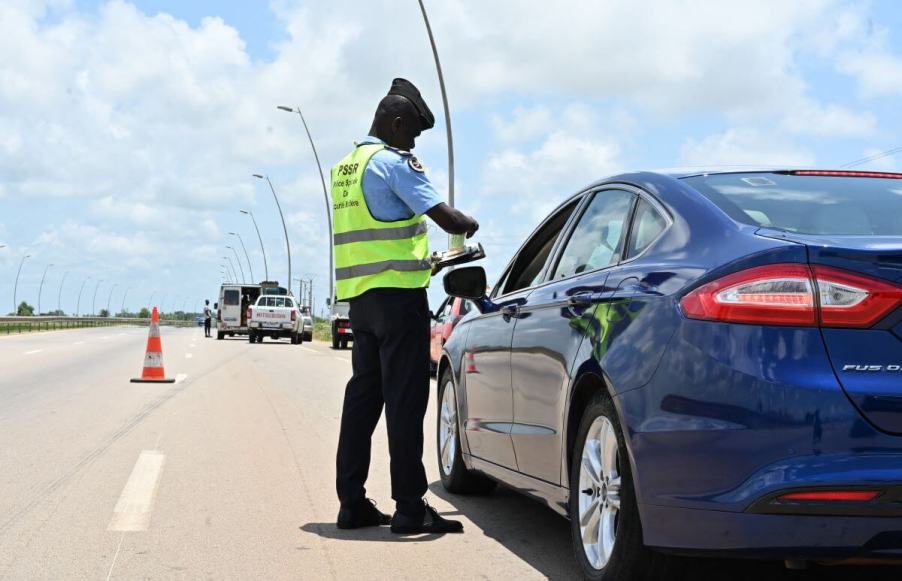
Do Sovereign Citizens Need a Driver’s License and a License Plate to Drive?
How is the lack of a driving license a tenant of the sovereign citizen movement? The concept of sovereign citizenship has been getting attention lately because of the death of Chase Allan. Allan was a 25-year-old student gunned down by police in Utah in March 2023 following a verbal altercation with an officer. Based on information gathered by media outlets since then, it appears that Chase Allan and his family subscribed to a form of sovereign citizen or “American State National” ideology.
What happened to Chase Allan?
According to Meaww, Chase Allan was stopped for using an illegitimate license plate on his BMW, refused to present a license or registration, and refused to exit the car. The officer called for backup and tried to remove Allan from his vehicle when one of his fellow officers shouted “gun,” and Allan was subsequently shot and killed by the police. A gun was found in Allan’s car, but it’s unclear whether he reached for it during his arrest.
This raises questions about sovereign citizen ideology and whether you can really circumvent laws regarding driver’s licenses, car registration, and car insurance. Before we get to that, let’s dig into what a sovereign citizen is and what they believe.
What is a sovereign citizen?
The definition of a “sovereign citizen” depends on who you ask. Broadly speaking, a sovereign citizen is someone with libertarian political opinions who rejects the authority of local, state, and federal law enforcement. They often have an interpretation of the U.S. Constitution that conflicts with Supreme Court rulings and precedents.
Sovereign citizens tend to make a distinction between “traveling” and “driving.” Sovereign citizens are quick to point out the right to travel enshrined by Article IV of the Constitution. They’ll claim that citizens can freely “travel” within the country for any reason without a license while “driving” applies to persons using roads as a place of business, like truck drivers, mail carriers, and food delivery drivers. This might seem semantic, but it’s an argument that’s gotten people in a lot of trouble, to say the least.
Article IV, Section 2 is widely understood as establishing federal jurisdiction over interstate travel. It does not necessarily guarantee a right to public roads, which didn’t exist as we know them today when the Constitution was written. According to most legal scholars, Article IV does not mean you can legally drive on public roads without a driver’s license or a valid registration.
You may have seen videos of libertarian types asking police officers, “Am I being detained?” during what would normally be a mundane traffic stop. Sadly, these interactions sometimes end in gunfire or smashed car windows.
Do sovereign citizens need a driver’s license and license plate?
The short answer is yes. You can call yourself a sovereign citizen, but that self-appointed title doesn’t change the rules of the road. According to Jalopnik, drivers using public roads are all subject to the same regulations and require a valid driver’s license, car registration, and car insurance.
If you’re tempted by fake, 3D-printed license plates, like the one Chase Allan may have been using, don’t do it. Besides being illegal, they’ll likely cost you more in fines than they’ll save you in registration costs.



